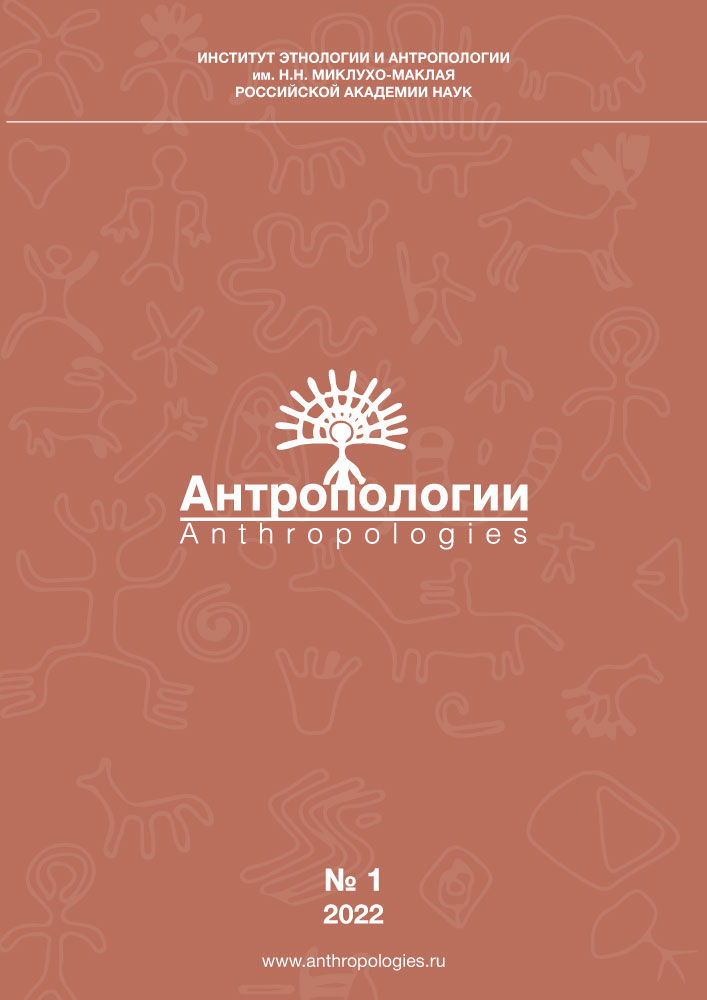Post- and Decolonial Gazes of a Kyrgyz Anthropologist
DOI:
https://doi.org/10.33876/2782-3423/2022-1/13-28Keywords:
colonialism, decolonialism, coloniality, decoloniality, decolonial methodology, postsoviet, ethnonationalism, genderAbstract
This essay is a reflection on what cultural and social anthropology/ethnography is in modern Kyrgyzstan and, more broadly, Central Asia, and on its role in the paradigm of colonial and decolonial knowledge. I argue that Kyrgyz anthropologists in their ethnographic studies of such hot topics in post-Soviet and post-colonial contexts as ethno-nationalism and gender actually decolonize the gazes of Western scientists who directed their “local” colleagues to these topics in the first place. This local twist on Western concepts may lead to new questions. For example, if coloniality is defined as a state of alienation in which the canon of “alien” knowledge dominates the “local”, then modern Kyrgyzstan is not only in a post-colonial position in relation to Russia as the heir to the Soviet dominion, but is also experiencing a wave of “internal colonialism” in the form of Islamization and/or strengthening of Kyrgyz nationalism.


